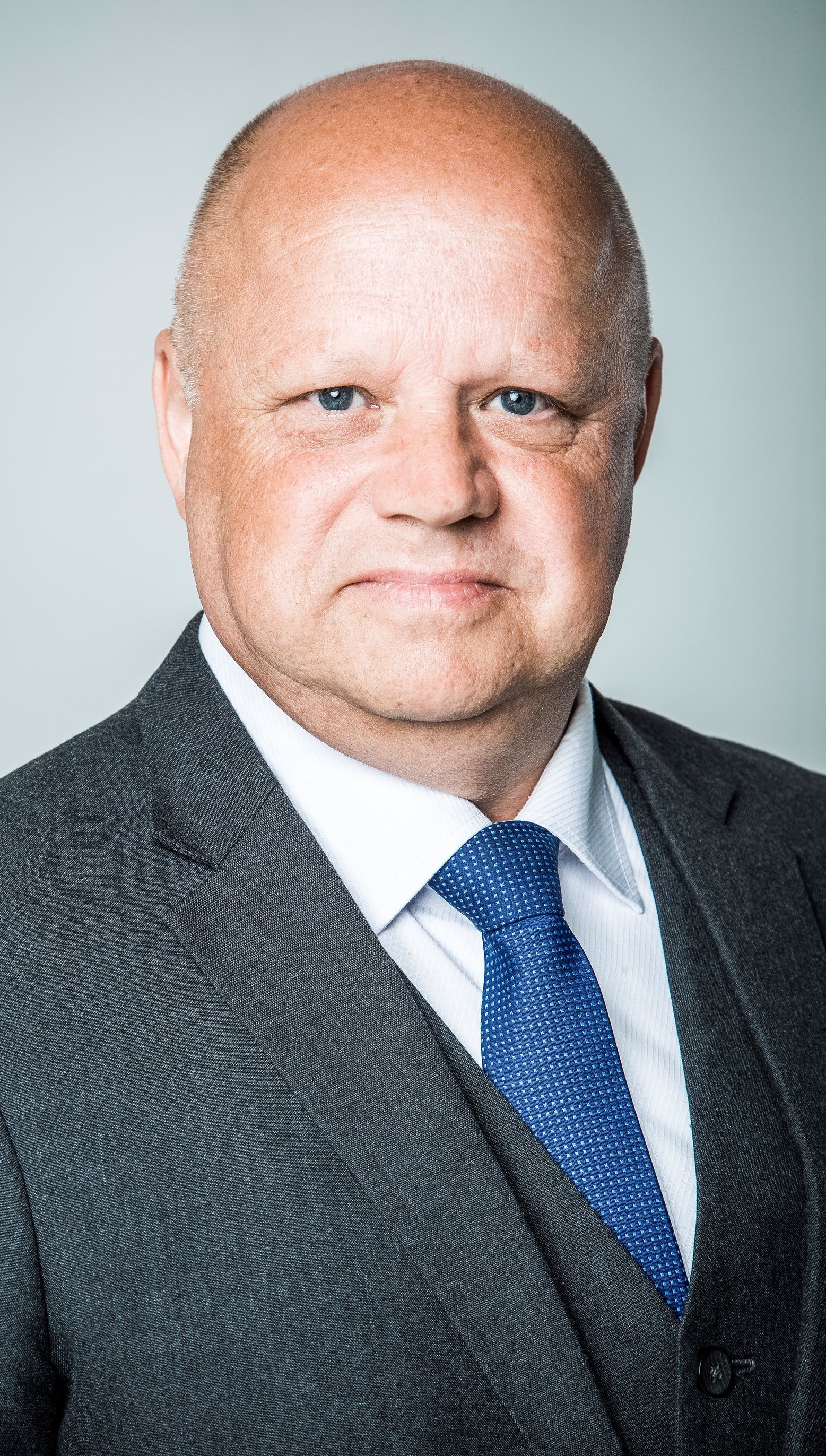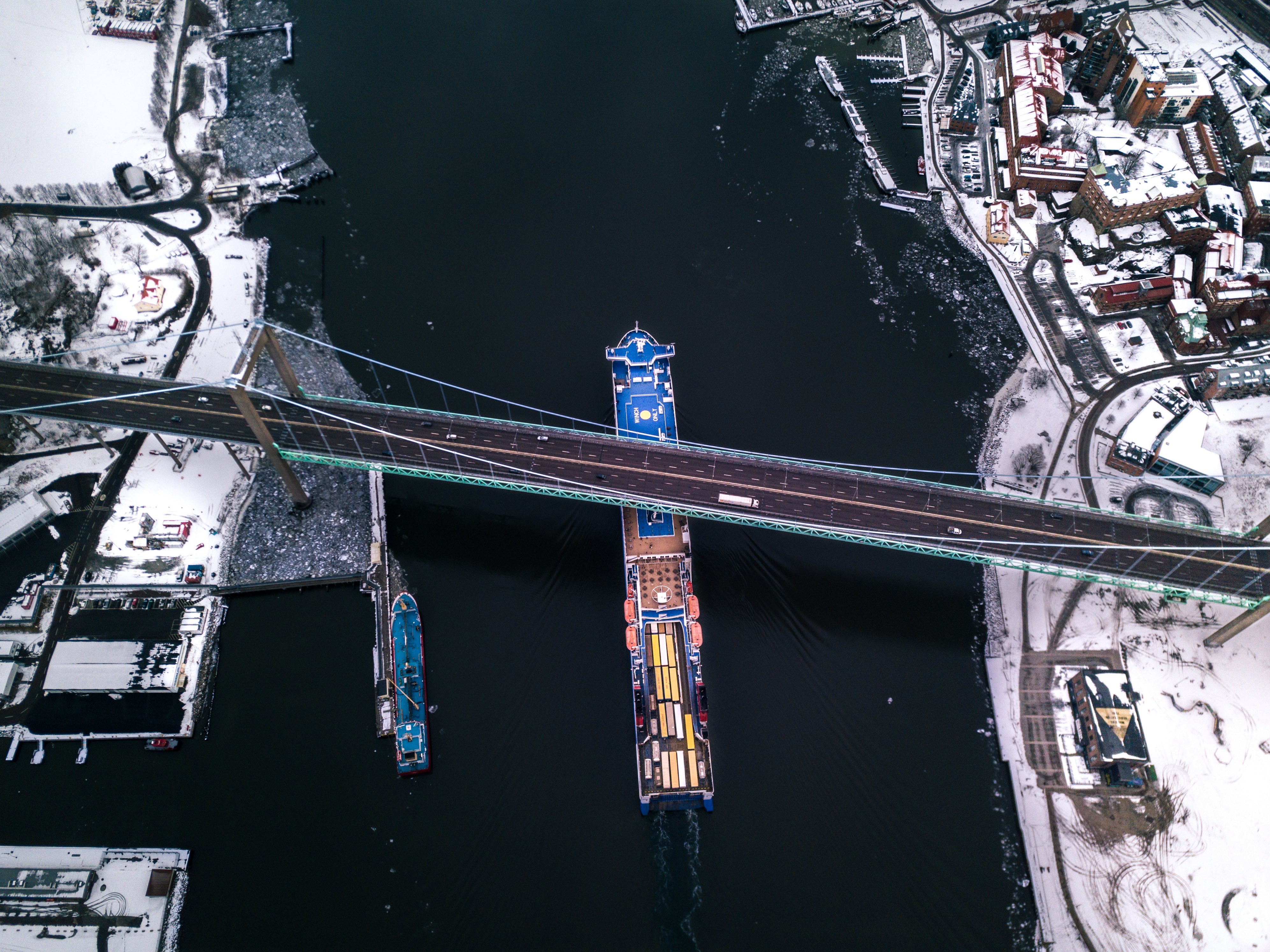Mikael Nehvonen is heading the marine operations and is a maritime veteran with almost 40 years of experience in the industry. With his extensive knowledge of everything maritime, he sees tremendous opportunities for the industry to conserve both energy and money – as well as helping to save our planet.
–The electrical energy onboard is always created by auxiliary engines, diesel powered units driving generators. Every kWh is calculated into fuel oil. The majority of the operating expenses for any ship is the fuel cost, not only for taking the vessel from here to there, but also for operating the fans, pumps, lights, galleys… everything! Mikael Nehvonen says.
On land, many restaurants have already made attempts at recovering energy, although they were hindered by high maintenance costs replacing clogged filters unless the restaurant had already started to take advantage of the Lepido system. But at sea, many ships have no equipment for energy recovery at all, Mikael Nehvonen explains.
–Instead, the energy is vented right out into air and wasted. Not only does this setup put an unnecessary load on the generators and result in an avoidable cost for the ship owner, but it also results in higher emissions rates which is unwise as new emission regulations are soon to come into force. (EEXI) The energy cost on board is more than twice of that on land because of the engine maintenance and accumulated spare part costs.
The unique system set up of the Lepido® makes it possible to also deliver cooling to the vessel in conjunction to heating to i.e. HVAC. Another advantage is that the recovered energy is re-distributed through a heat pump which gives a steady reliable source of extra energy for the balance calculations.
In the Pax and Offshore segments, the galleys are operating many hours per day and are extracting air already heated or cooled from spaces in the vicinity to the galley. Lots of energy is created in the galley and together with the vicinity air it will create a
high temperature air flow to the atmosphere that is no longer acceptable, Mikael Nehvonen says.
The first marine pilot installation with Lepido® on a ferry is scheduled and will commence this spring. Read all about it here. Another pilot project, with a Cruise Line operator, is currently on hold, awaiting the end of the corona pandemic.
However, these are only the first steps for Enjay AB into the worldwide marine market.
Mikael Nehvonen already has his eyes set on accommodation platforms too and will shortly finalize a pilot also in this segment.
–The average oil platform has 500 workers living on it at any given time. Every single one will have breakfast, lunch and dinner served from the same galley, so it is in operation 24/7. The energy waste is enormous, no matter if you count it in kWh, dollars or CO2.
Setting a new standard
I would not be surprised if Enjay’s patented Lepido® becomes a benchmark in the marine industry Mikael Nehvonen continues. The return of investment time is short, and the system has also been proven to work on minimal maintenance.
The new regulations to be enforced 2023, is further justifying the installation of recovery systems. This, along with ship owners own energy saving & sustainability plans are more than enough to create a big interest for Lepido® in the mentioned segment.
The installation of Lepido® both as retrofit and in new buildings in the future… is only logical.

